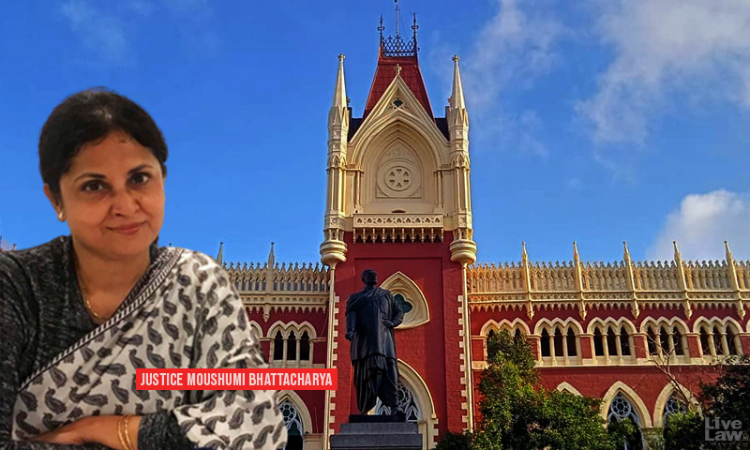On What Grounds Can Invocation Of A Bank Guarantee Be Restrained? Calcutta High Court Explains
Aaratrika Bhaumik
2 Dec 2021 7:55 PM IST

Next Story
2 Dec 2021 7:55 PM IST
The Calcutta High Court recently had the opportunity to expound on the issue as to on what grounds can the invocation of a bank guarantee be restrained. Justice Moushumi Bhattacharya was adjudicating upon an application moved under Section 9 of the Arbitration and Conciliation Act, 1996 (Act). In the instant case, vide an order dated May 10, 2021 a Single Judge had restrained the respondent...
